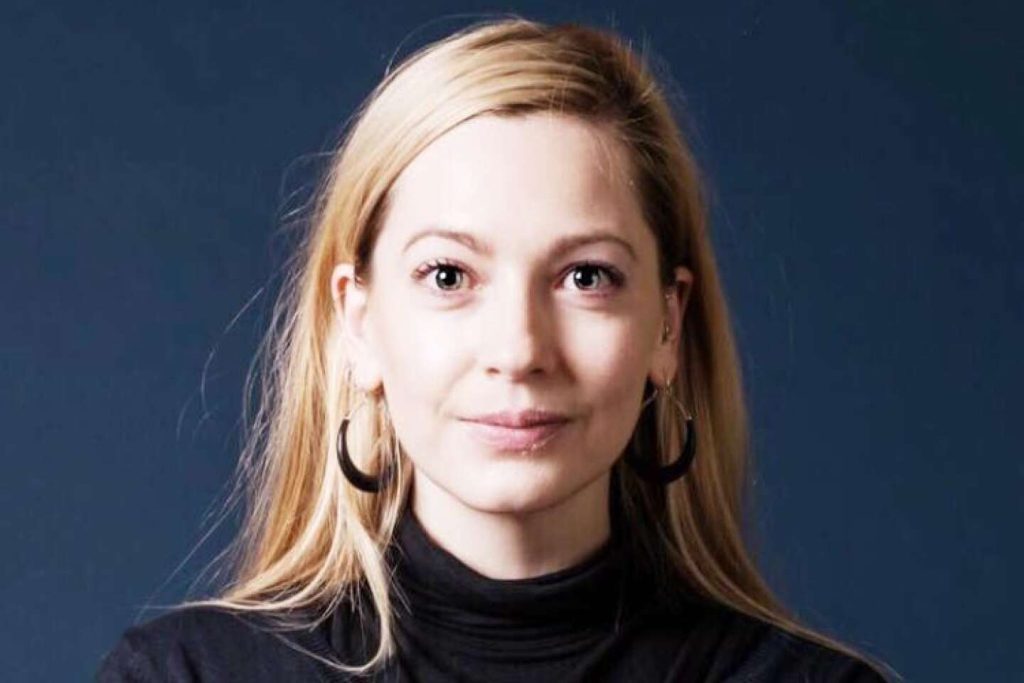Eugénie Mérieau, a public law lecturer at the University of Paris-I-Panthéon-Sorbonne, conducts research for the CNRS in comparative constitutional law between illiberal democracies in Asia and their liberal counterparts in Europe and the United States. She has conducted research and taught in various countries, including Singapore, Thailand, Germany, and the United States. Mérieau is the author of “La Dictature, une antithèse de la démocratie ? 20 idées reçues sur les régimes autoritaires,” which was reissued in February. She explores common misconceptions about authoritarian regimes.
Singapore recently saw a change in leadership with Lawrence Wong taking over as the new Prime Minister from Lee Hsien Loong, who is the son of the city-state’s founder. Despite this change, it is unlikely to mark the end of the ruling People’s Action Party (PAP). The PAP has a strong track record of grooming new political leaders, with Wong belonging to the fourth generation. There is also speculation that Li Hongyi, the elder son of Lee Hsien Loong, could be a potential future leader. Political dynasties are common in Southeast Asia, and the Lee family still holds significant influence in Singapore.
The upcoming legislative elections in Singapore are expected to maintain the PAP’s hold on power, with little room for suspense. The party’s legitimacy is rooted in two key narratives – economic prosperity and security. Singapore has transformed from a third-world country to one of the wealthiest nations in the world since gaining independence in 1965. The memory of Lee Kuan Yew, titled “From Third World to First: The Singapore Story,” reflects this economic success. Additionally, Singapore’s success in maintaining racial and religious harmony sets it apart from neighboring countries like Malaysia and Indonesia, which have experienced racial tensions and terrorism.
The PAP’s narratives are based on tangible results rather than ideology. Singapore’s economic success and social stability have allowed the party to maintain its dominance in politics. The elections expected by the end of 2025 are likely to continue this trend. The party’s focus on economic development and security has resonated with the population, contributing to its enduring popularity. Despite the change in leadership, the PAP is expected to continue its political dominance in Singapore for the foreseeable future.
Lawrence Wong’s appointment as Prime Minister signals a continuation of the PAP’s governance in Singapore, emphasizing continuity amidst change. The party’s ability to adapt and groom new leaders has been key to its long-standing success. While the recent leadership transition may herald a new era in Singaporean politics, the core principles and strategies of the PAP are expected to persist. Political stability and economic prosperity remain central to the party’s narrative, ensuring its continued relevance in Singaporean politics. With the upcoming elections, the PAP’s stronghold on power is likely to endure, reaffirming its status as a dominant force in Singaporean politics.


